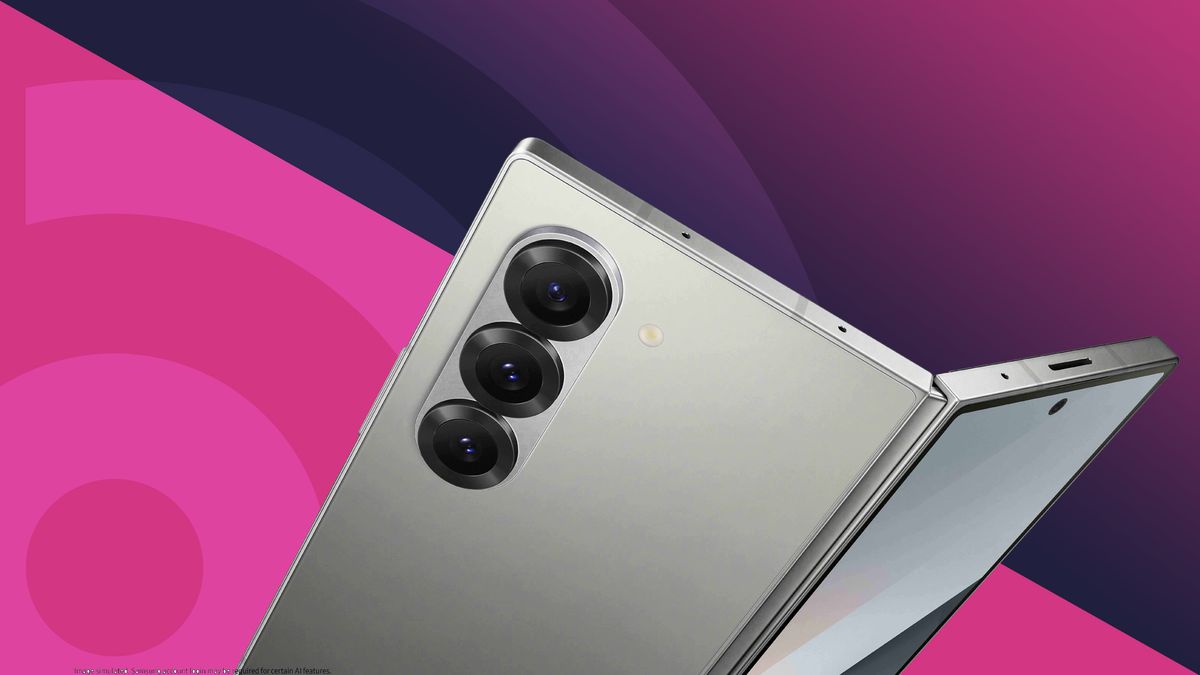The term “Galaxy” has become nearly synonymous with Samsung’s Android-powered smartphones. Every device in the company’s lineup, from entry-level models priced around $100 to foldables costing up to $1,800, bears the Galaxy name.
This has been the case since 2009, with every Android phone Samsung has released following this naming convention.
Samsung’s product lines have evolved over the years, with new series such as the Galaxy M and Galaxy J added and phased out. Despite these changes, the Galaxy brand has remained a constant, unifying the lineup.
This brand cohesion certainly offers some advantages. However, if recent reports are accurate, Samsung may see this branding as a limitation for its highest-end devices.
A new report from South Korea suggests that Samsung is considering new branding options, particularly to boost its reputation in the premium smartphone market.
The company is reportedly looking at Hyundai’s success with its Genesis brand for luxury vehicles as inspiration.
Currently, all Samsung phones fall under the Galaxy umbrella, which may dilute the brand’s perception.
While an iPhone is widely understood as a premium product, the Galaxy name spans a broad range, from budget-friendly Androids to premium foldables.
According to the report, Samsung has conducted an internal study on a potential rebranding strategy.

Although no new names have emerged, the report hints that Samsung may consider dropping the “Galaxy” prefix for future flagships and using the Samsung name alone.
For instance, the next flagship could be branded as the Samsung S25 instead of the Galaxy S25.
Interestingly, Samsung has already experimented with the opposite approach in Japan since 2015, where it removed the “Samsung” name entirely from its phones and marketing materials, using only the Galaxy brand.
This branding approach began with the Galaxy S6 series, and only last year did Samsung reintroduce its corporate branding in Japan.
While that decision was influenced by geopolitical factors, this rumored shift is driven by competition, especially with younger consumers increasingly favoring the iPhone, which they see as more premium.
In South Korea, Samsung’s home market, a recent survey indicated that 64% of respondents in their 20s use iPhones, and among young women, the number rises to 75%.
The idea appears to be that a new premium brand could appeal to these aspirational buyers without the extensive “Galaxy” identity that covers all price ranges.
While this shift could seem farfetched and a massive undertaking for Samsung’s premium lineup, stranger rebranding moves have happened, so only time will tell if Samsung will ultimately follow through.